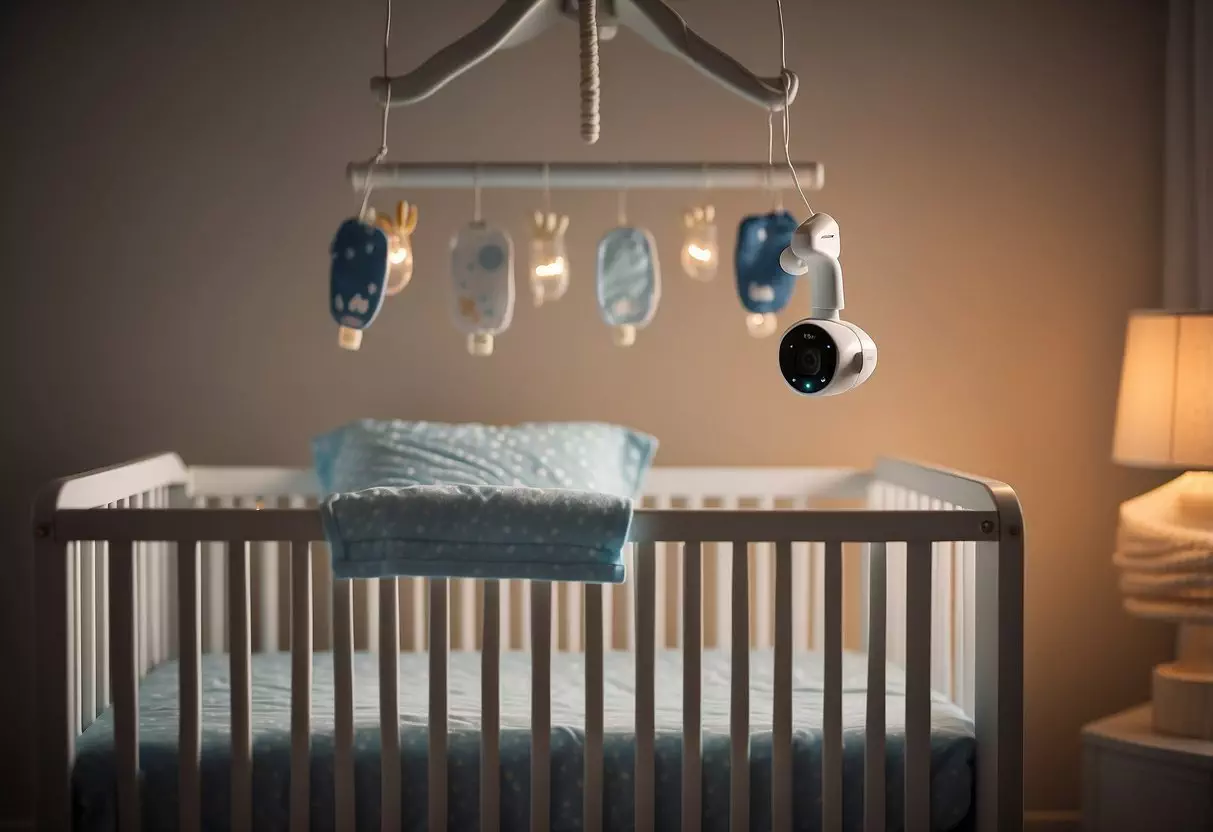Is a 2 Month Old a Newborn? Understanding Infant Stages
Wondering if a 2-month-old is still considered a newborn? You’re not alone! Many parents find themselves asking this question as their baby grows and changes so quickly during the first few months of life.

A 2-month-old is generally considered an infant, not a newborn. By this age, your baby will have started to hit key development milestones such as gaining 4 to 5 pounds and adding 1 to 2 inches in length since birth. They may also begin to show more awareness and responsiveness to their surroundings.
At two months, your baby’s development will include more interactive behaviors, like smiling and cooing, giving you new ways to bond. While they might not be a newborn anymore, these early months are still a crucial time for growth and development. Discover more about what to expect from your little one at two months old.
Table of Contents
Understanding Newborn Development

Newborn development in the first two months is an exciting journey. You’ll notice changes in how your baby moves, interacts, and responds to their environment.
Physical and Cognitive Milestones
By two months, your newborn starts showcasing essential developmental milestones. They may begin to lift their head when lying on their tummy. This helps strengthen their neck muscles. Reflexes like the Moro reflex (startle reflex) and grasp reflex are still noticeable.
Your baby’s vision is improving. They can now focus on faces and follow objects with their eyes.
Hearing is also developing. They turn their head towards sounds, especially your voice. Cognitive milestones include increased alertness. They start to show interest in their surroundings and more extended periods of wakefulness.
Communication and Emotional Growth
At this stage, your baby’s communication is mostly through crying to express needs like hunger, discomfort, or tiredness. They also begin to experiment with coo sounds and smiles in response to your voice or faces, marking early communication milestones.
Emotional milestones are closely tied to their social interactions. A two-month-old can start to recognize familiar faces and voices. They feel comforted by your presence and may smile when they see you. Engaging with them during feedings and playtime fosters emotional growth and trust.
Monitoring these milestones helps ensure that your baby is developing healthily. If you have concerns, consult your pediatrician to discuss your baby’s progress.
Feeding and Sleeping Patterns
At two months old, your baby is still adjusting to a regular feeding and sleeping schedule. During this time, understanding their needs is important for establishing a routine that works for both of you.
Breastfeeding and Formula Basics
Breastfeeding and formula feeding are both common for babies at this age. If you’re breastfeeding, aim to feed your baby every two to three hours. Look for signs of hunger like lip-smacking or sucking on their hands. Ensure your baby has a good latch to provide enough breastmilk.
For formula-fed babies, the feeding schedule is slightly different. Try to offer a bottle every three to four hours. Make sure to use a bottle that mimics the breast’s flow to ease the transition if needed. Both breastfed and formula-fed babies should have about six to eight wet diapers a day, indicating they are well-fed.
Developing a Routine
Establishing a routine involves more than just feeding; it includes setting a consistent sleep pattern. Your two-month-old may sleep about 14 to 17 hours a day but in shorter bursts. Create a peaceful environment to help your baby settle during naps and nighttime.
Keep an eye out for sleep patterns. Babies at this age often sleep in cycles of 30 to 45 minutes to 3 or 4 hours. Understanding these cycles will help you recognize when they need sleep versus when they are just being fussy. Consistency is key in developing a feeding routine. Follow a regular pattern, and be patient as your baby adjusts. Embracing flexibility helps in accommodating your baby’s changing needs. For more detailed sample schedules, visit Pampers and What to Expect.
Health and Safety Considerations

At two months old, your baby undergoes numerous health and safety checks. It’s crucial to stay aware of recommended vaccinations and be ready to address common health concerns.
Preventive Care and Vaccinations
At two months, your baby should start receiving vaccinations to protect against serious diseases. The diphtheria, tetanus, and pertussis (DTaP) vaccine is administered to prevent whooping cough and other illnesses. Other essential vaccines include hepatitis B, polio, and rotavirus.
Well-baby visits to the pediatrician are crucial for monitoring your child’s growth. Regular check-ups help detect any developmental delays early on. Doctors will also advise on safe practices, such as ensuring your baby sleeps on their back to lower the risk of SIDS. During these visits, they can also address your concerns about feeding, sleep patterns, and overall development.
Recognizing and Responding to Common Concerns
Babies often experience minor health issues that can cause worry. Rashes and swelling at the site of vaccinations are common but usually harmless. Always consult your doctor if you notice unusual reactions.
Skin-to-skin contact is vital for your baby’s emotional and physical development. It helps regulate their body temperature and stabilizes their heart rate. Keep an eye out for signs of respiratory syncytial virus (RSV), which can cause severe respiratory illness in infants. Symptoms include a runny nose, decreased appetite, and coughing.
Regular interactions with your baby can help you notice early signs of developmental delays. If your baby isn’t responding to sounds, smiling, or making eye contact, consult your pediatrician. Monitoring these milestones will help ensure your baby’s health and well-being are on track.
